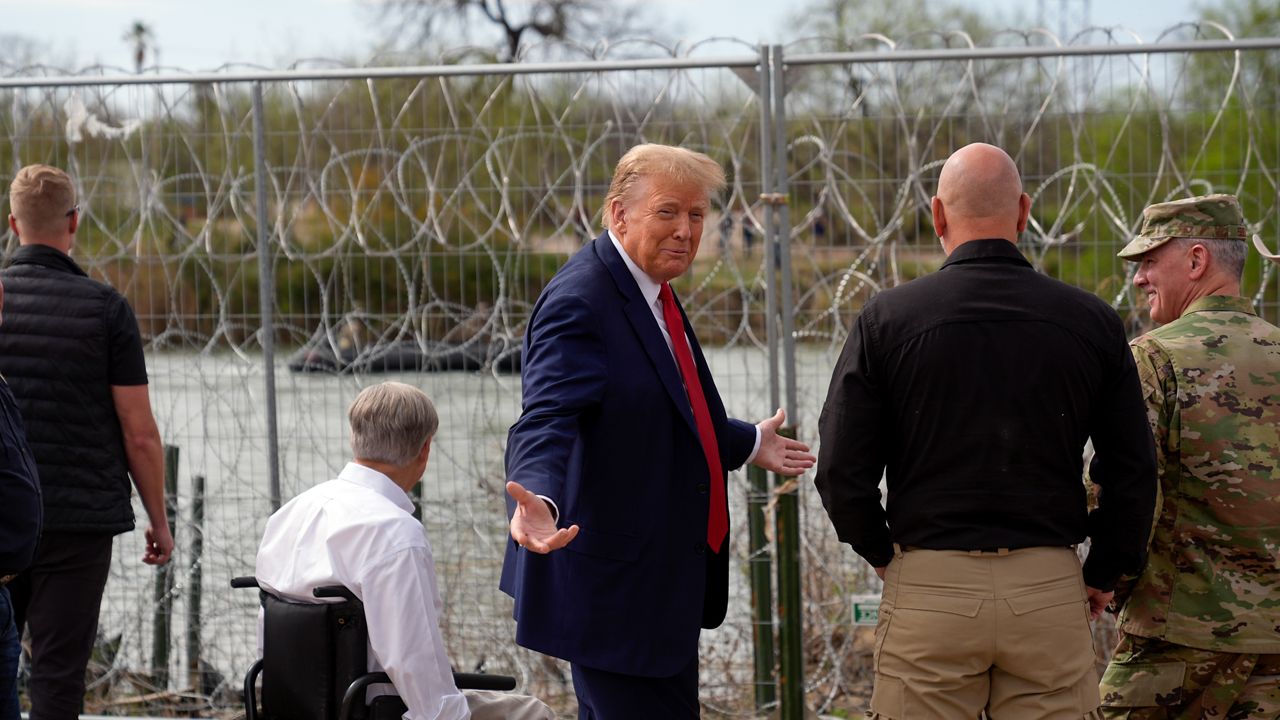Already a subscriber? Make sure to log into your account before viewing this content. You can access your account by hitting the “login” button on the top right corner. Still unable to see the content after signing in? Make sure your card on file is up-to-date.
Former President Donald Trump has announced that he would use the National Guard to assist in deporting millions of migrants if reelected.
During an interview with Time magazine, Trump expressed his readiness to intensify immigration control measures, even considering the use of the military if needed. He said, “If I thought things were getting out of control, I would have no problem using the military. We have to have safety in our country. We have to have law and order in our country. And whichever gets us there, but I think the National Guard will do the job.”

Historically, both the National Guard and active-duty troops have supported immigration personnel at the US border, but their direct involvement in deportation within the country would mark a significant shift in their traditional roles.
The National Guard’s role has previously been to aid in logistics and support tasks at the border, such as surveillance and data entry, helping to alleviate the workload of immigration officials. Direct interactions with migrants have generally been avoided to keep military involvement within legal bounds and to focus on supporting, rather than leading, enforcement actions. In states like Texas, the National Guard has had a more hands-on approach under the command of Governor Greg Abbott.

Despite Trump’s announcement, some have raised concerns about the legal constraints that limit the use of active-duty military in domestic law enforcement without explicit Congressional authorization. However, Trump argued that the targets of these operations would not be considered civilians, describing the situation as an “invasion of our country.”






